Discover a wealth of information on maintaining optimal horse health in the dynamic environment of Colorado through our insightful blog articles. From addressing altitude-related concerns to offering seasonal health tips, our content is a comprehensive guide for horse owners looking to ensure the well-being of their equine companions amidst the diverse landscapes of the Centennial State.
-
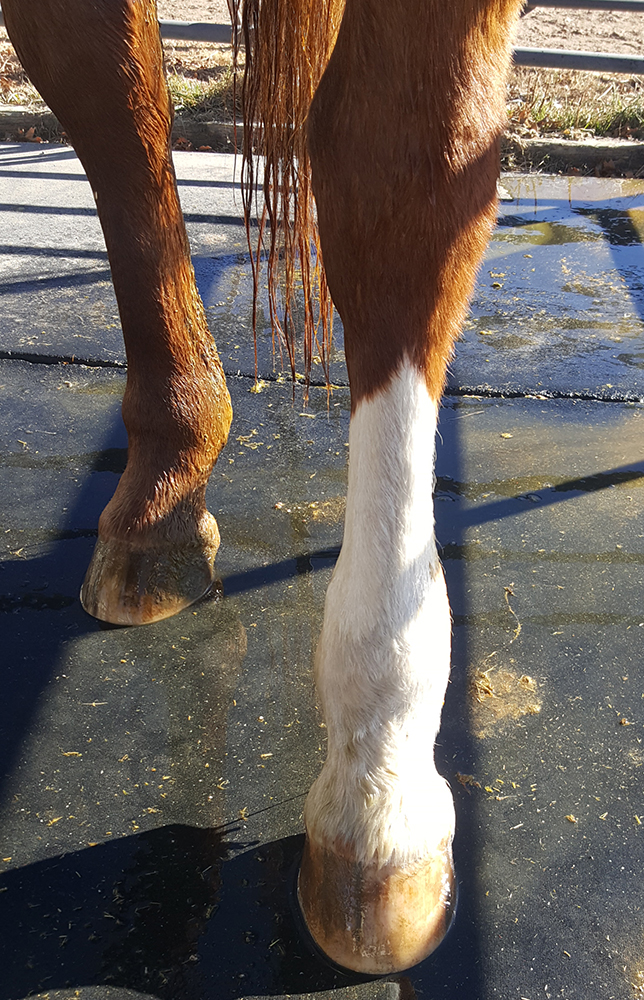
What is effusion in horses?
Read more: What is effusion in horses?We have teamed up with Dr. Bret Luedke and the team at Heritage Equine to give you a comprehensive article on joint effusion in horses. Effusion, by definition is an increased amount […]
-
 Colorado Horse News, Horse Care, Horse Health, Horse Ownership in Colorado, Horse Training & Showing
Colorado Horse News, Horse Care, Horse Health, Horse Ownership in Colorado, Horse Training & ShowingUSEF Submits Comment on USDA’s Proposed Amendments to Horse Protection Regulations
Read more: USEF Submits Comment on USDA’s Proposed Amendments to Horse Protection RegulationsThe United States Equestrian Federation (USEF) has submitted a comment in response to the United States Department of Agriculture’s (USDA) proposed amendments to the regulations that implement the Horse Protection […]
-
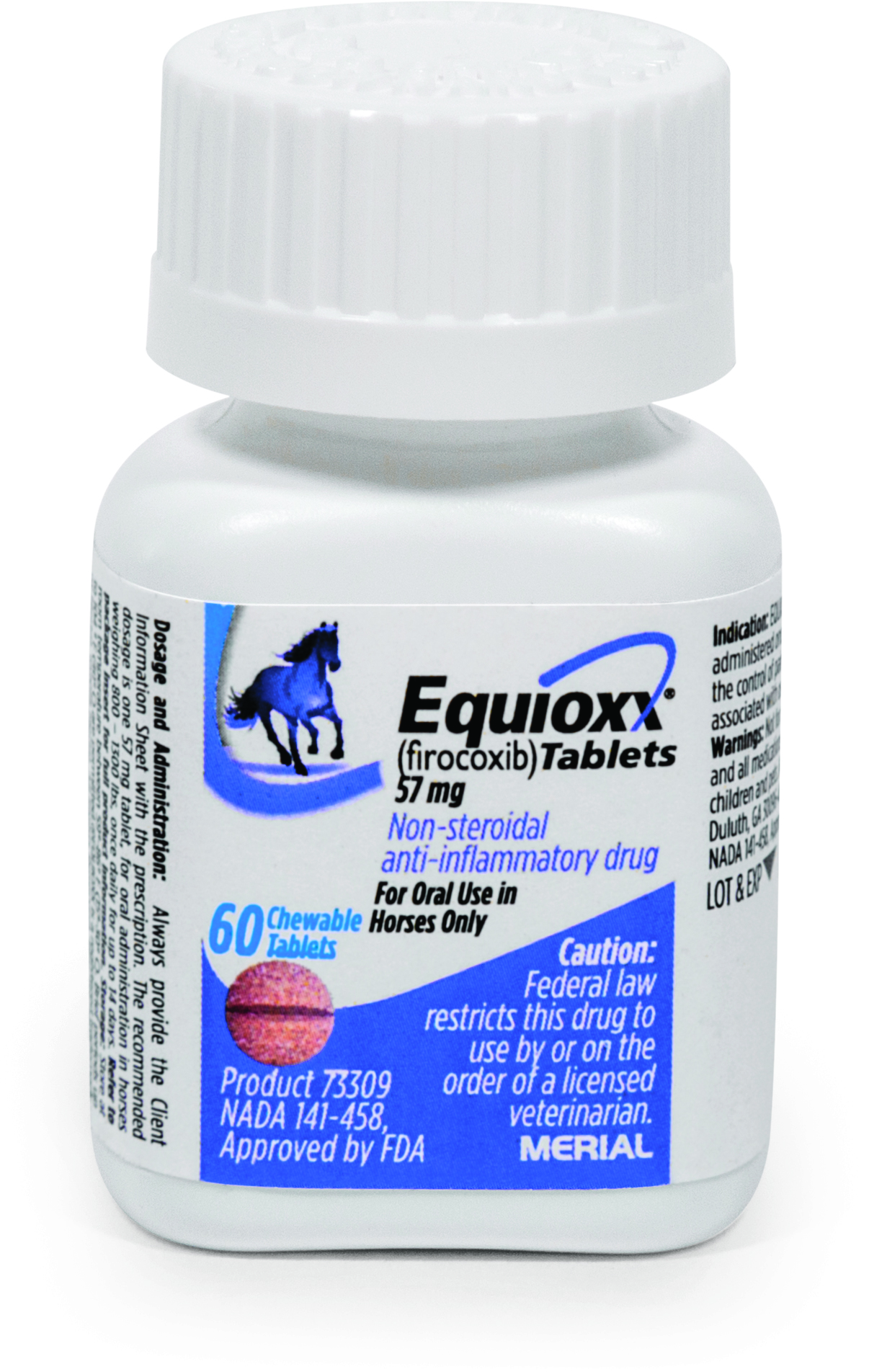
EQUIOXX® Now Available For Horses in Tablet Form
Read more: EQUIOXX® Now Available For Horses in Tablet FormEQUIOXX® (firocoxib) Tablets received FDA approval in July, and now this new 57mg chewable tablet formulation of the only equine coxib non-steroidal anti-inflammatory drug (NSAID) is available for purchase with […]
-
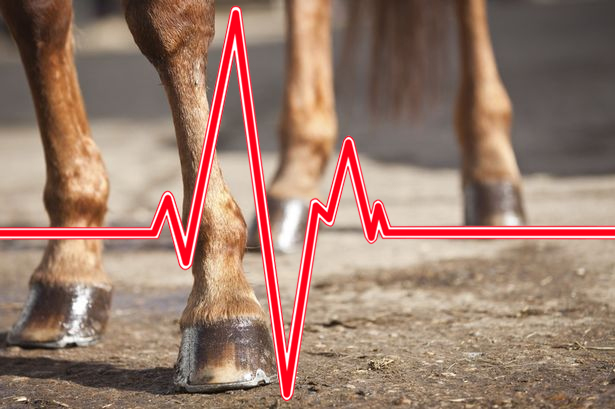
What is a Digital Pulse? Where Do You Find It?
Read more: What is a Digital Pulse? Where Do You Find It?An equine digital pulse is a very useful tool for horse owners in determining if there is pain or inflammation in the hoof (or hooves) of your horse. The digital […]
-
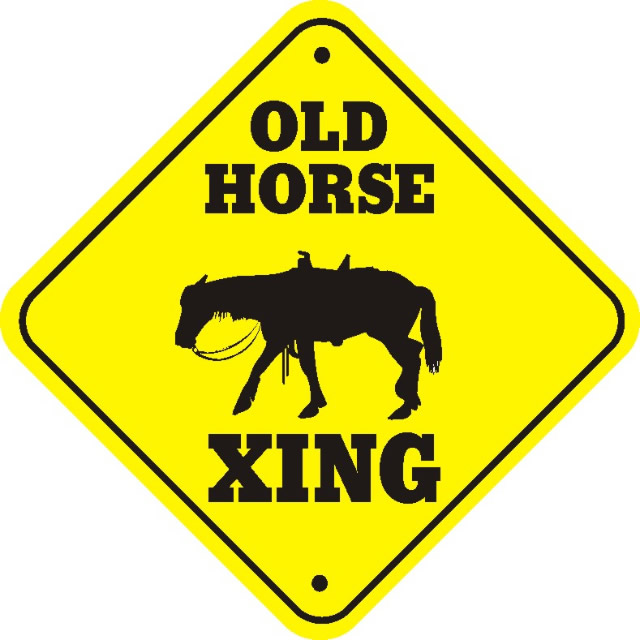
Senior Horse Care – Keeping Them Healthy
Read more: Senior Horse Care – Keeping Them HealthyAn unfortunate part of horse ownership is that our horses age. And senior horses require a little extra care to ensure they are happy and comfortable in their upper years. […]
-
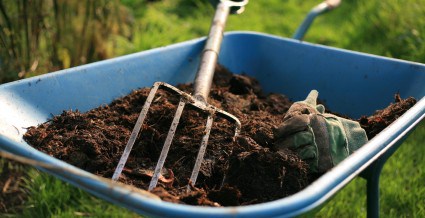
Landscaping Ideas to Help Keep Away Bugs
Read more: Landscaping Ideas to Help Keep Away BugsBeing around a barn, we are all familiar with the annoying insects that come along with our 4 legged friends. Did you know there are landscaping tips you can follow […]
-
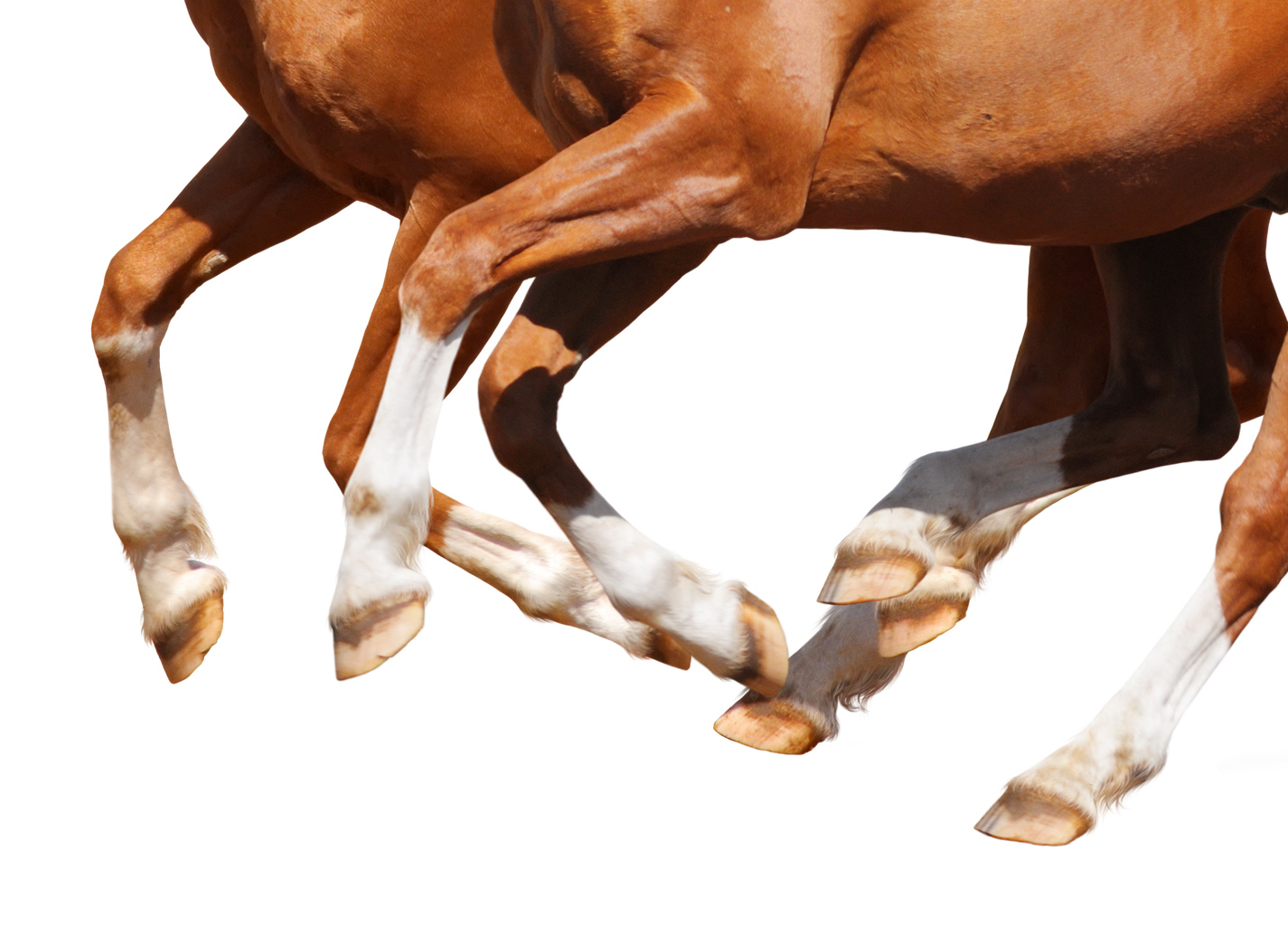
Abscesses in Horses and How to Treat Them
Read more: Abscesses in Horses and How to Treat ThemOne of the most common sudden onset lameness causes is an abscess. These occur for a variety of reasons, but they are due to bacteria invading the hoof and causing […]
-
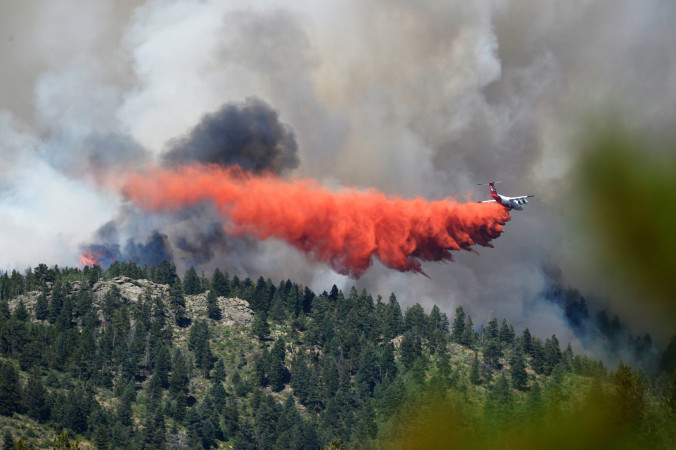
A Guide to Volunteering During Fires & 10 Rules to Live by in Evacuations with Horses
Read more: A Guide to Volunteering During Fires & 10 Rules to Live by in Evacuations with HorsesA Guide to Volunteering During Fires By: Carrie Terroux-Barrett Wildfire season is upon us. That was made brutally clear yesterday when much of Colorado erupted into a firestorm in just […]
-
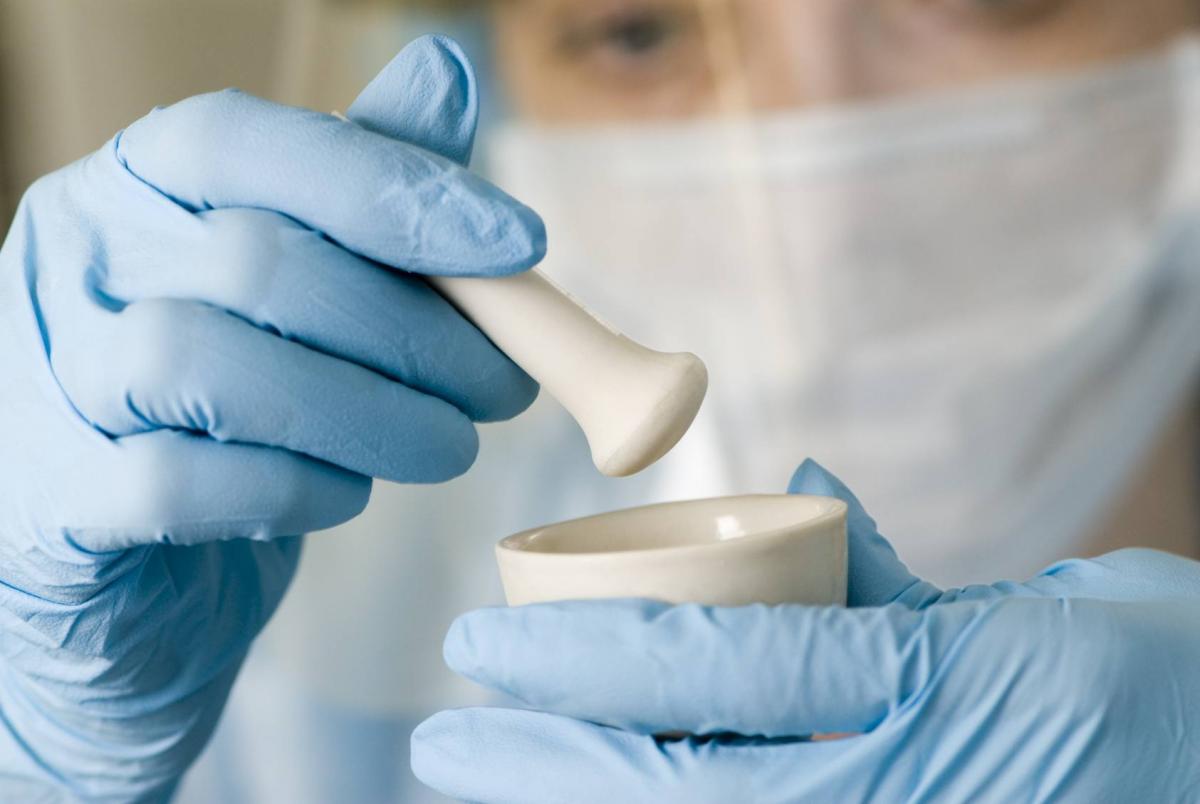
What is Compounding Medication for my Horse and Should I Do It?
Read more: What is Compounding Medication for my Horse and Should I Do It?First, let’s start off by explaining what is “Compounding Medication for my horse”? “Pharmaceutical compounding (done in compounding pharmacies) is the creation of a particular pharmaceutical product to fit the […]
-
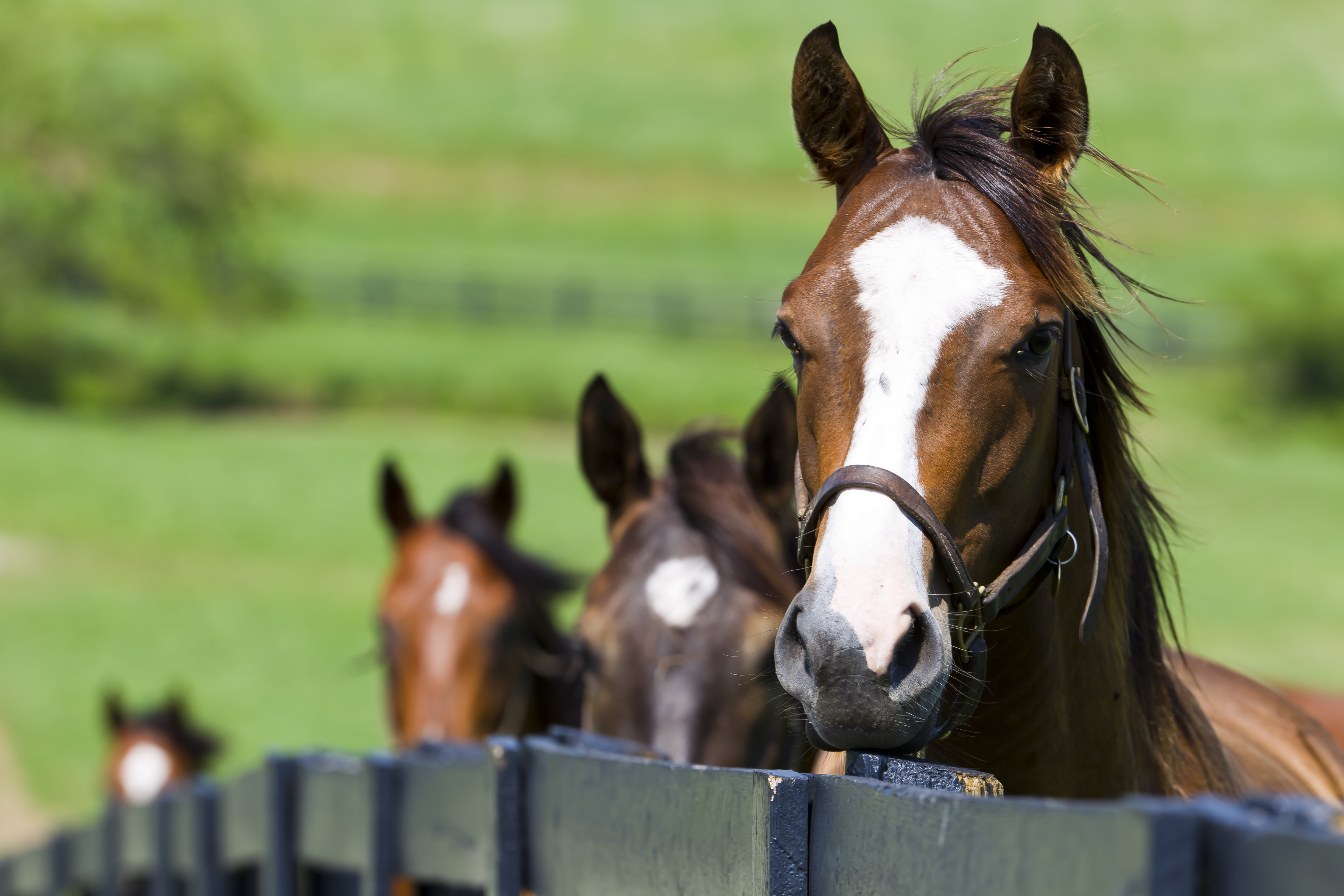
Group Scheduling with a Vet
Read more: Group Scheduling with a VetWhen you board at a facility, you can typically do group scheduling with a vet for spring/fall vaccines to save on the Farm Call fee. This can be a pretty significant savings […]
Search
Latest news
- Call To Action – 2024 Legislation Affecting Colorado Horse Industry
- Your Memorial Balloons are Killing my Animals
- Sneak Peak: Super Bowl LVIII The Clydesdales Are Back
Categories
- Colorado Horse Events (5)
- Colorado Horse News (72)
- Equestrian Grammar (3)
- Facebook Group Articles (2)
- Facility Management (37)
- Giveaways (1)
- Horse Breeding (2)
- Horse Care (61)
- Horse Feed & Nutrition (6)
- Horse Health (66)
- Horse Ownership in Colorado (192)
- Horse Tack (9)
- Horse Training & Showing (35)
- Local Highlight (2)
- Product Reviews (8)
- Tack Collections (12)
- Travel (6)




